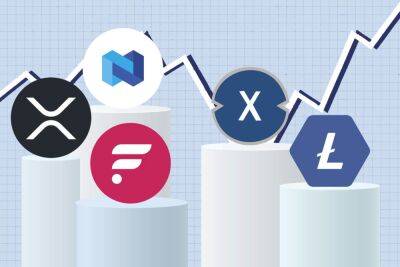Here’s what German regulator, BaFin suggested for NFTs
Nonfungible tokens (NFTs) are not yet eligible to be classified as securities by the German Federal Financial Supervisory Authority (BaFin). The organization recommends categorizing NFTs on a case-by-case basis.
On 8 March, the BaFin journal released an explanation of the legal classification of NFTs. The regulators don’t now see how NFTs satisfy the requirements to be classified as securities.
But, if, for instance, 1,000 NFTs reflect the same repayment and interest claims, BaFin may later view NFTs as securities.
Another provision states that an NFT may be regarded as an investment if it includes proof of ownership or exploitation rights, such as a guarantee of distribution.
The organization suggests designating NFTs as a “crypto asset” on a case-by-case basis. However, BaFin asserts that given the lack of quick exchangeability, the likelihood that NFTs will serve as a “crypto asset” is much lower than the investment classification.
NFTs are also spared from “e-money” designation due to the absence of standardization.
BaFin does not anticipate that NFTs will adhere to the Payment Services Supervision Act’s license requirements due to the challenges with classification.
Moreover, NFTs are exempt from BaFin’s anti-money laundering oversight, except fungibles, which fall under the category of financial instruments. NFTs that are individually regarded as “crypto assets” must abide by AML regulations.
About three out of four NFT collectors on the metaverse site Metajuice claim to buy NFTs for their status, distinctiveness, and aesthetics. Just 13% of respondents to the survey claimed they purchase NFTs with the intention of reselling.
BaFin’s executive director Birgit Rodolphe last year advocated for innovative and
Read more on ambcrypto.com












![Ethereum [ETH] whales play ‘shy guy’ ahead of Shanghai Upgrade - ambcrypto.com - city Shanghai - city Santiment](https://finance-news.co/storage/thumbs_400/img/2023/3/27/61795_wie.jpg)







